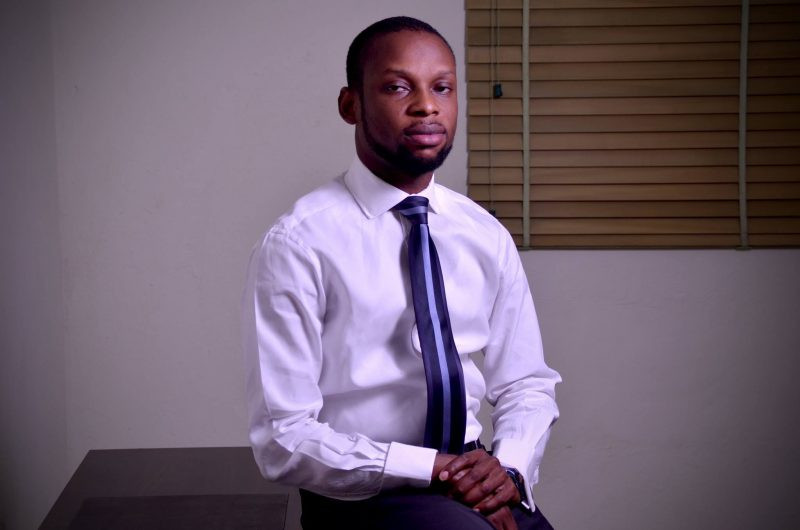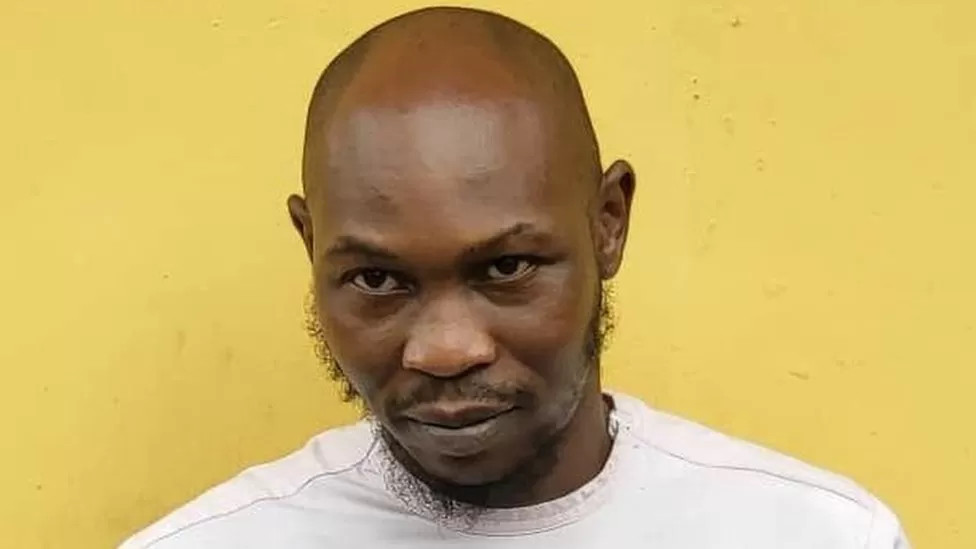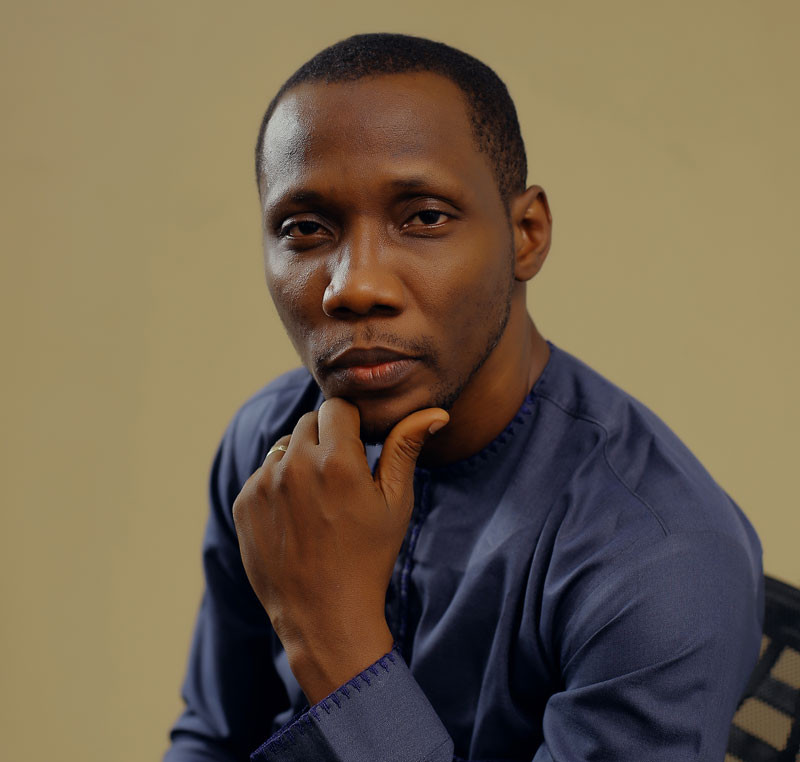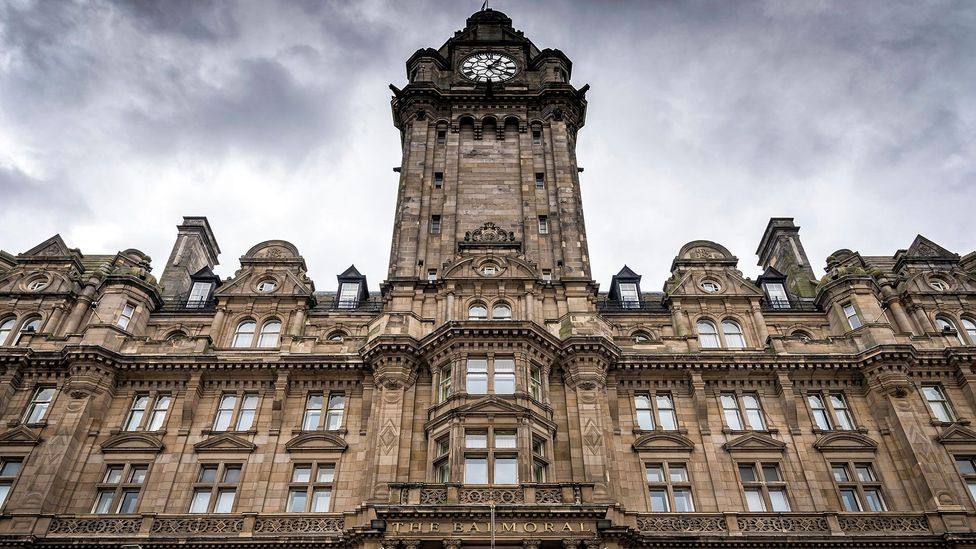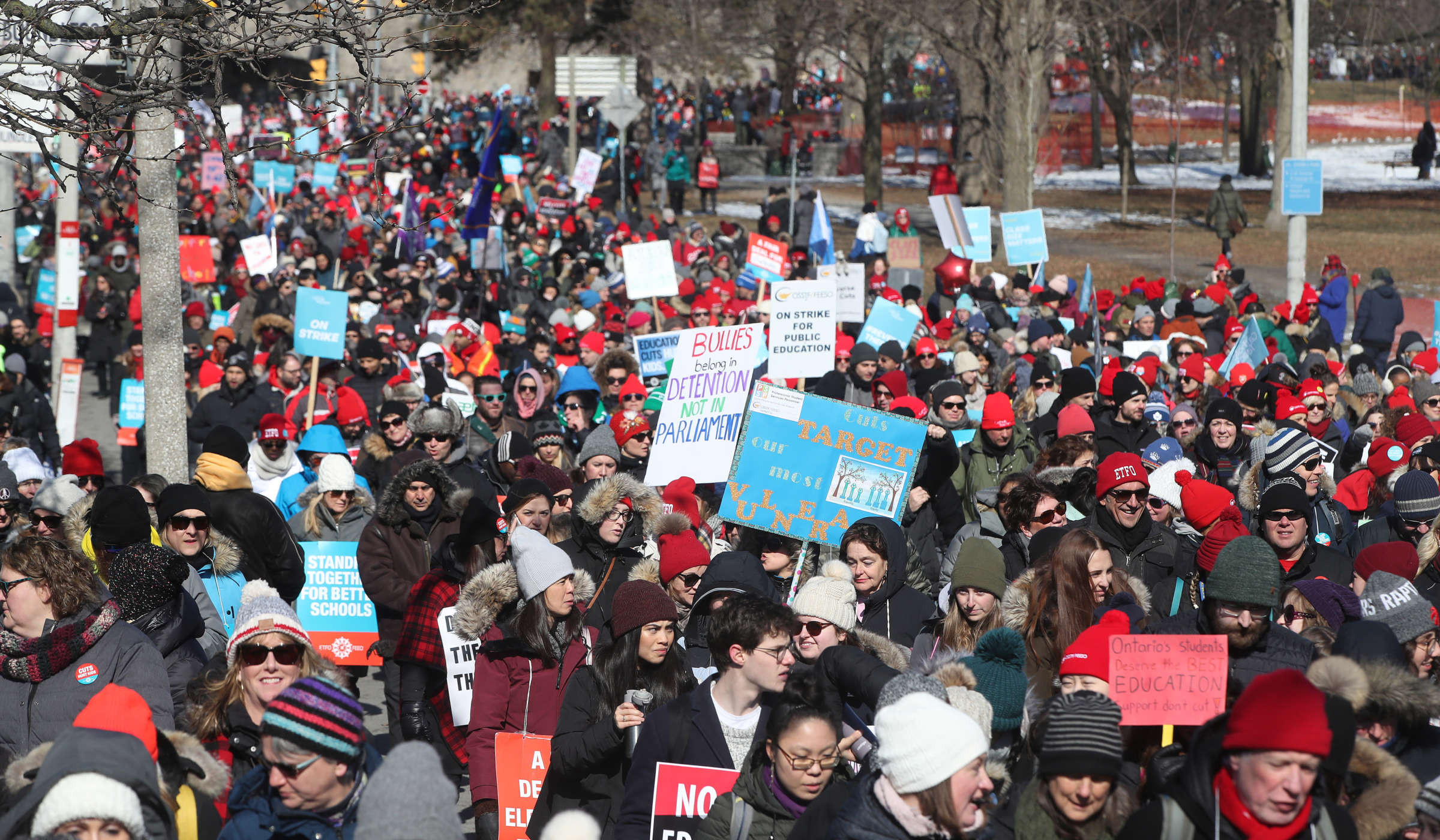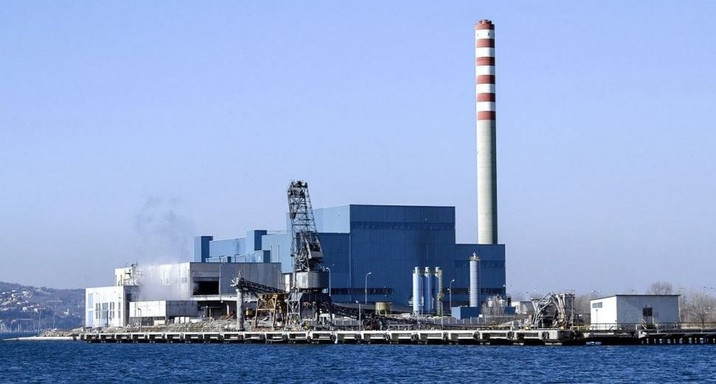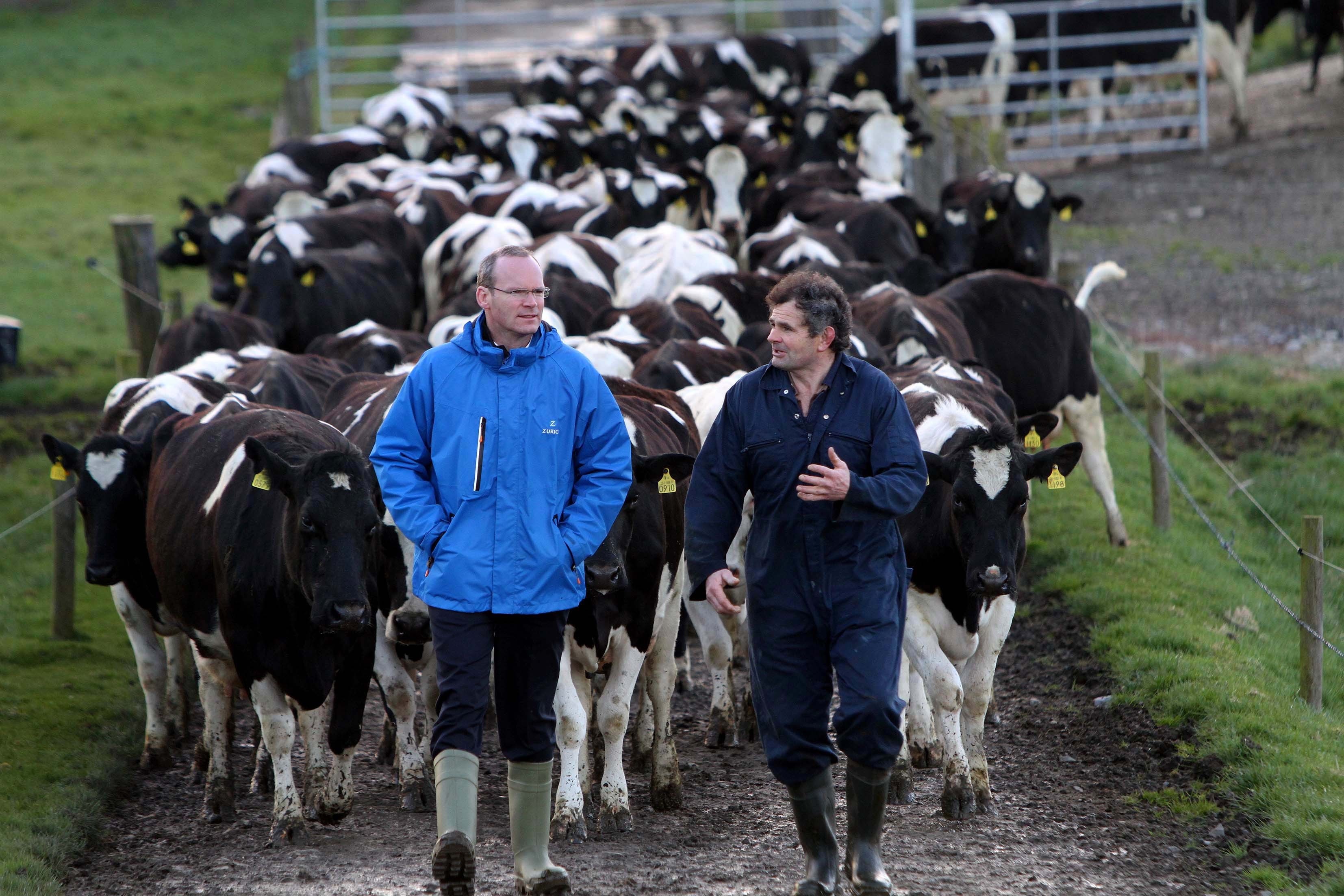Nigerian Journalist Detained by Secret Police: Adejuwon Soyinka Arrested at Lagos Airport
The Department of State Services (DSS) has detained Adejuwon Soyinka, the West African Regional Editor of The Conversation Africa. Mr. Soyinka, a former pioneer editor of the BBC Pidgin Service, was detained by SSS operatives at the Murtala Muhammed International Airport in Lagos at about 5.40 a.m. on Sunday upon his arrival from the United Kingdom via a Virgin Atlantic flight.
The reason for his detention remains unclear. The DSS, however, confirmed the arrest, stating that the journalist was picked up at the request of another agency.
Soyinka's arrest comes amidst a growing concern over the deteriorating state of press freedom in Nigeria. Since the beginning of the year, journalists have been subjected to attacks, detentions, and intimidation by security operatives.
Recent Crackdown on Journalists
In a worrying trend, several journalists covering the ten-day protest were attacked and brutalised by security agents, including personnel of the SSS. In one shocking case in Abuja, operatives shot live ammunition at a car carrying some journalists who were on duty at the Moshood Abiola Stadium where peaceful protesters gathered.
Nigerian journalists and activists have continuously decried the deteriorating state of press freedom in Nigeria, especially in the last one year under President Bola Tinubu. More than 100 attacks on journalists have been verified in Nigeria this year, according to the Press Attack Tracker. The attacks on the press and journalists are primarily by state actors with the police accounting for almost 50 per cent of the all harassments faced by journalists in the first half of the year.
The military and the SSS are also prominent culprits, arbitrarily arresting and detaining journalists unlawfully. On 15 March, men in military uniform arrived at the home of Segun Olatunji, then the editor of FirstNews, after forcing his wife to take them to the house. He was subsequently taken without providing reasons or his whereabouts to his family, lawyers and colleagues. The journalist was flown to Abuja where he was held for close to two weeks after which he was released following the intervention of organisations such as the International Press Institute (IPI) Nigeria and the Nigerian Guild of Editors (NGE).
Like Mr. Olatunji, Daniel Ojukwu of the Foundation for Investigative Journalism (FIJ) was ‘abducted’ and detained with his family, lawyers and colleagues unknown of his whereabouts. He was also not allowed to contact anyone for days. By the time his family found him at the State Criminal Investigation Department (SCID), Panti, Lagos, the police flew him to Abuja. The journalist was held for nine days before he was released on bail.
Since then, many other journalists have faced different forms of harassment including detentions and invitations without genuine reasons. Other journalists who have faced these harassments include Nurudeen Akewushola and Dayo Aiyetan, both of the International Centre for Investigative Reporting (ICIR), who were detained four hours at the Nigeria Police Force National Cybercrime Centre (NPF-NCCC) over a story they published; Emmanuel Agbo who was invited by the police over a yet-to-be-published story.
Soyinka's Release
Following intervention from the International Press Institute (IPI) Nigeria, Soyinka was released six hours after his detention. As part of his bail conditions, The agency seized his passport and asked him to provide his Nigerian address and reliable phone number through which he can be reached anytime in Nigeria.
“I have just been released by the DSS (SSS) in Lagos. They are holding on to my passport, though. I am in an Uber ride ordered for me by the Deputy Director of DSS in Lagos,” Soyinka confirmed to Premium Times in a text message.
This incident highlights the ongoing threat to press freedom in Nigeria. The DSS’s actions raise serious concerns about the government’s commitment to protecting freedom of expression and the right to a free press.
Implications for Press Freedom
The detention of Adejuwon Soyinka and the increasing crackdown on journalists underscore the precarious state of press freedom in Nigeria. The government’s actions send a chilling message to journalists and media organizations, creating an atmosphere of fear and self-censorship. It is essential for the Nigerian government to uphold the principles of press freedom and ensure that journalists can operate freely without fear of harassment or intimidation. The international community must also play a role in advocating for the protection of press freedom in Nigeria and holding the government accountable for its actions.
It is crucial for the government to ensure the safety and freedom of journalists. The Nigerian government must act to address the root causes of the attacks on journalists, including impunity for perpetrators and the lack of accountability for state actors. Furthermore, the government must ensure that journalists have access to justice and can hold perpetrators accountable for their actions.
The Future of Journalism in Nigeria
The future of journalism in Nigeria depends on the government's willingness to uphold the principles of press freedom. The government must create an environment where journalists can work without fear of reprisal. This includes ensuring the safety of journalists, providing them with adequate legal protection, and addressing the root causes of attacks on the press. The international community must also continue to pressure the Nigerian government to uphold press freedom and ensure the safety of journalists.
The detention of Adejuwon Soyinka serves as a stark reminder of the challenges facing journalists in Nigeria. It is a call for action for the government to take concrete steps to protect press freedom and ensure the safety of journalists. It is also a call for the international community to continue to monitor the situation in Nigeria and advocate for the protection of press freedom. The future of journalism in Nigeria depends on the government's commitment to upholding the principles of press freedom and ensuring the safety of journalists.




